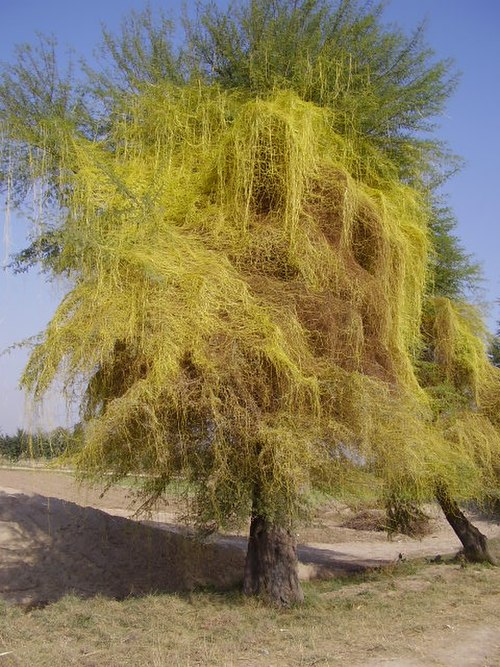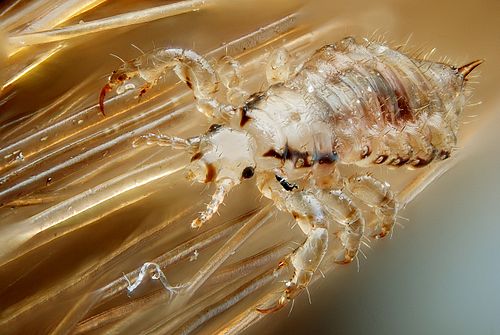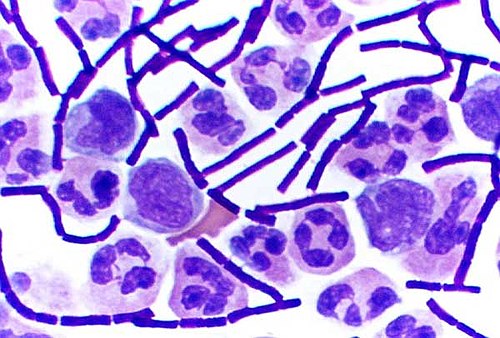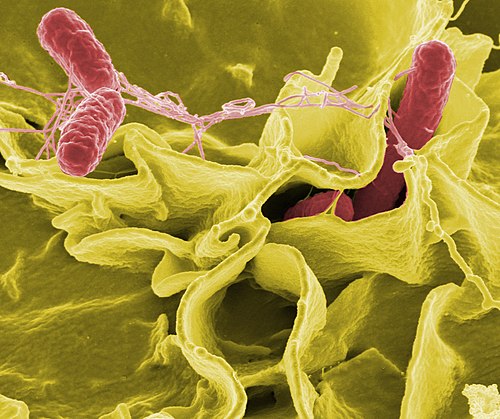Parasitenoun
(pejorative) A person who lives on other people's efforts or expense and gives little or nothing back.
Parasitenoun
(pejorative) A sycophant or hanger-on.
Parasitenoun
(biology) An organism that lives on or in another organism, deriving benefit from living on or in that other organism, while not contributing towards that other organism sufficiently to cover the cost to that other organism.
Parasitenoun
A climbing plant which is supported by a wall, trellis etc.
Parasitenoun
One who frequents the tables of the rich, or who lives at another's expense, and earns his welcome by flattery; a hanger-on; a toady; a sycophant.
Parasitenoun
A plant obtaining nourishment immediately from other plants to which it attaches itself, and whose juices it absorbs; - sometimes, but erroneously, called epiphyte.
Parasitenoun
An animal which lives during the whole or part of its existence on or in the body of some other animal, feeding upon its food, blood, or tissues, as lice, tapeworms, etc.
Parasitenoun
an animal or plant that lives in or on a host (another animal or plant); the parasite obtains nourishment from the host without benefiting or killing the host
Parasitenoun
a follower who hangs around a host (without benefit to the host) in hope of gain or advantage
Bacterianoun
(US) A type, species, or strain of bacterium.
Bacterianoun
.
Bacterianoun
A derisive term for a lowlife or a slob (could be treated as plural or singular).
Bacterianoun
An oval bacterium, as distinguished from a spherical coccus or rod-shaped bacillus.
Bacteria
See Bacterium.
Bacterianoun
(microbiology) single-celled or noncellular spherical or spiral or rod-shaped organisms lacking chlorophyll that reproduce by fission; important as pathogens and for biochemical properties; taxonomy is difficult; often considered plants
Bacteria
Bacteria ( (listen); common noun bacteria, singular bacterium) are a type of biological cell. They constitute a large domain of prokaryotic microorganisms.




































